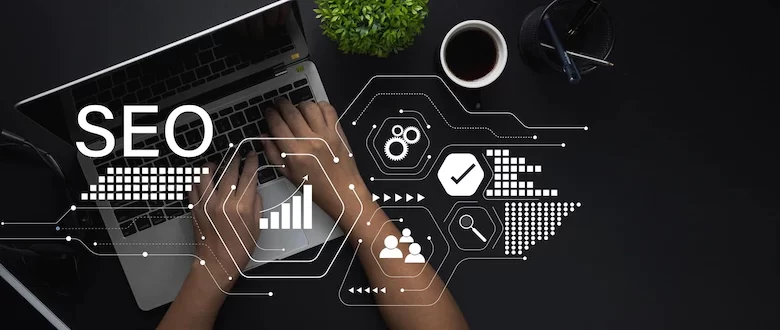SEO benefits of having your blog on your main site

Is it better to have your blog in a directory on your main site or independently on a subdomain? This decision will have an impact on your SEO. We are not going to beat around the bush, but from a purely SEO point of view, having your blog hosted in a directory on your site is recommended. You can get in touch with Best SEO Services Agency in Germany.
Obviously, there are several valid reasons to have your blog on a subdomain or an independent domain if you wish. For example, in many situations, it is easier to set up a blog as a subdomain for your e-commerce site that uses a specific CMS. Thus, by managing the subdomain independently, you can have your blog under WordPress while having your e-commerce part under Shopify, Prestashop or Magento for example. Having your blog as a subdomain will give you more flexibility. In terms of security, having your blog on a subdomain will allow you to manage it independently. Thus, if your e-commerce server crashes, your blog hosted on a different server will not be impacted and vice versa.
However, there are no real SEO benefits to having your blog on a separate subdomain or domain.
So, you are going to ask us why we recommend having your blog in a directory on your main site? Well here are the 4 main reasons!
It generates links to your site
We are not going to teach you anything, backlinks are still very important to increase the organic positions of your pages in the SERPs.
If you’ve ever tried to get inbound links to your site, you know it’s a very time-consuming thing. However, quality informational content is one of the best ways to naturally attract backlinks to a website.
That’s why you can use your blog yoursite.fr/blog perfectly to publish guides, interviews, podcasts, expert advice and news on your field of expertise to naturally attract links. If your content is of high quality, share it also on your social networks and you will multiply the chances that it will be relayed through the community.
Internal networking that is easy to set up
Internal linking means that you use the text anchors associated with your internal links pointing to the pages of your site.
To jump on the first reason explained in the previous paragraph: when you start attracting backlinks to articles on your blog, these articles will develop an authority calculated by Google thanks to PageRank .
Thus, when you include links on these articles, pointing to other pages of your site, you will share / spread this authority.
Basically, those pages linked from your popular articles will see an increase in their PageRank and visibility in search results.
There is also a benefit not necessarily related to SEO in creating internal links from your blog articles. Indeed, these links can represent an access to your visitors to convert on your site. For example, one of our e-commerce clients has an in-site blog that is the main source of organic traffic due to visitors who tend to search for product information and how-to guides.
While these blog posts are still informational, we’ve incorporated a block displaying store products to encourage visitors to click through and potentially make a purchase.
Therefore, the blog has become a regular source of income that we can measure through Analytics .
You position yourself on more queries
Blog posts are an opportunity to rank on long-tail and informational queries.
Let’s say I run an e-commerce specializing in electronic cigarettes. My category and product pages will naturally position themselves on queries behind which the user’s intention is to buy a product. For example “electronic cigarette resistance”.
If you decide to have your blog on a subdomain, you could also dedicate articles to the answers to the most asked questions, but it will be more difficult to integrate blocks pointing to your products hosted on your main site which uses another CMS and server.
It increases your level of EAT
Finally, having your blog on your main site helps build authority (with backlinks), trust, expertise, and community around your brand. This improves the engagement of your visitors and reinforces the trust they will have in your brand thanks to your expertise.
From an SEO point of view, this fits perfectly into the essential EAT triptych for Google to assess the quality of your content. As a reminder, this abbreviation means:
- E : Expertise.
- A : Authoritativeness (authority/popularity) which increases through the quality of your backlinks.
- T : Trustworthiness (reliability/trust).




